Tehran says it is US that must return to JCPOA by lifting sanctions, implementing obligations
Tehran says it is the United States that unilaterally left the nuclear agreement with Iran –officially named the Joint Comprehensive Plan of Action (JCPOA) - and hence, it is Washington that must return to the landmark deal by lifting sanctions and implementing its obligations.
“It is the United States that must make its decision and return to the JCPOA by removing illegal sanctions [against Iran] and effectively fulfilling all its commitments” under the accord, said Iranian Foreign Ministry spokesman Saeed Khatibzadeh at a press conference on Friday.
He stressed that the Islamic republic had “never left the JCPOA to return to it.”
In 2018, former US president Donald Trump abandoned the 2015 deal and reimposed the anti-Iran sanctions that the JCPOA had lifted. He also placed additional sanctions on Iran under other pretexts not related to the nuclear case as part of the “maximum pressure” campaign, prompting Tehran to take remedial measures by gradually reducing its nuclear commitments under the deal.
Now, the new US administration says it wants to compensate for Trump’s mistake and rejoin the deal if Tehran first suspends its countermeasures taken in response to US violations and reimposition of sanctions.
Tehran insists that all the sanctions should first be removed in a verifiable manner before the Islamic Republic reverses its remedial measures. Furthermore, it says the onus is on the US to revive the deal as it was Washington, not Tehran, that left the internationally recognized accord in defiance of global criticism.
Since April, representatives from Iran and the P4+1 group of countries have been holding talks in Vienna aimed at revitalizing the JCPOA and bringing the US back to compliance.
“The United States and the Europeans know best that Iran made its decision when, despite the US unilateral withdrawal from the JCPOA, the imposition of illegal and oppressive sanctions against the Iranian people and the inaction of Europe, it remained in agreement and kept the JCPOA alive,” Khatibzadeh further said, responding to a question about the position announced by the US and French foreign ministers that they are waiting for Iran's decision to return to the nuclear deal.
He said that during the Vienna talks, whose sixth round has come to an end, it was repeatedly stated that it was the US that had upset the balance of JCPOA and that practically prevented the implementation of the deal in a fully non-compliant manner.
“It has also been repeatedly emphasized that the Islamic Republic of Iran is fully prepared to suspend compensatory measures and resume the implementation of its obligations under the JCPOA if the US fully implements them,” Khatibzadeh noted, adding that other parties of the deal are well aware of Iran's position.
“Our position has not changed since the beginning of the Vienna talks. We demand the full removal of US sanctions in a verifiable manner, and then the cessation of compensatory measures and the resumption of Iran's commitments,” the Iranian foreign ministry spokesman stressed, saying that it is the opposing parties that have to make their decision.
Iran’s President-elect Ebrahim Raeisi, for his part, stressed on Monday that the US must return to full compliance with the JCPOA and fulfill its commitments as per the accord.
Technical understanding between Iran and the IAEA not a commitment: Envoy
Kazem Gharibabadi, Iran’s permanent representative to Vienna-based international organizations, said separately on Friday that the technical understanding reached between Iran and the International Atomic Energy Agency (IAEA) was not considered as a commitment.
His remarks came in response to comments by the IAEA chief, Rafael Grossi, who claimed that Iran had failed to respond to the extension of the technical agreement between the two sides on inspection and verification of Iran’s peaceful nuclear program.
“Although a joint three-month technical agreement was reached between the IAEA and Iran, it should be noted that the basis of this agreement was to facilitate political negotiations and contribute to its success in the direction of our country, not to oblige Iran to implement the IAEA’s request,” Gharibabadi told reporters in Vienna, stressing that the role of the IAEA, according to Iran’s political decision, is merely that of an executor.
On February 21, the IAEA reached what it called “a temporary bilateral technical understanding” with Iran to continue its access to verify nuclear activity in the country for up to three months.
Gharibabadi’s comments came hours after Grossi said that he had not received a response from Tehran regarding the extension of the technical agreement.
VIDEO | Hezbollah rains attack drones down on elite Israeli brigade
Leader: All captains of criminal, Zionist, terrorist gang must be prosecuted
Iran further raises its oil prices for Chinese buyers: Report
Iran to launch major pressure-boosting projects in South Pars
VIDEO | Escalation amid ceasefire talks
EU's Borrell says ICC arrest warrants for Israeli leaders binding
VIDEO | Press TV's News Headlines
VIDEO | Massacre in Pakistan’s Parachinar sparks outrage


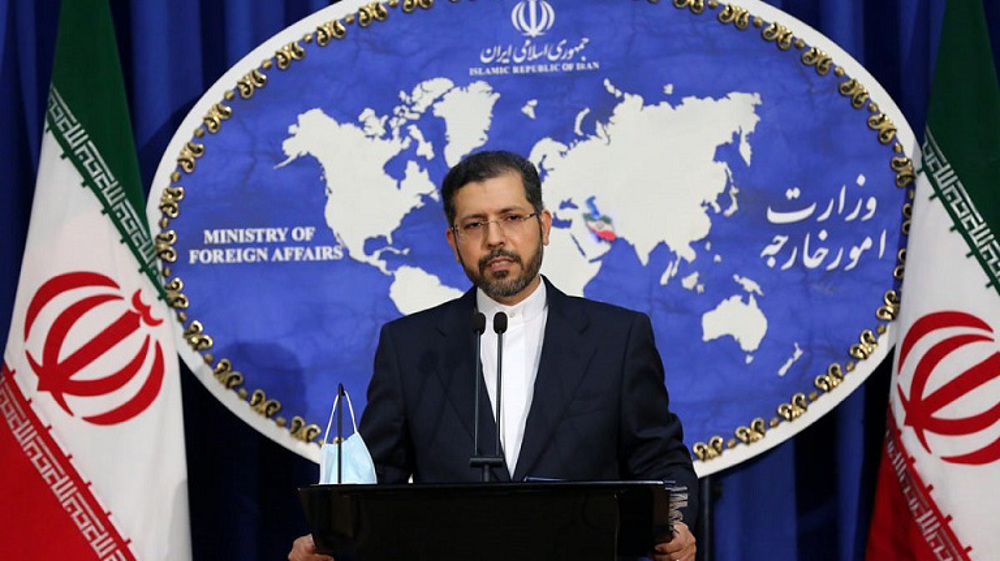
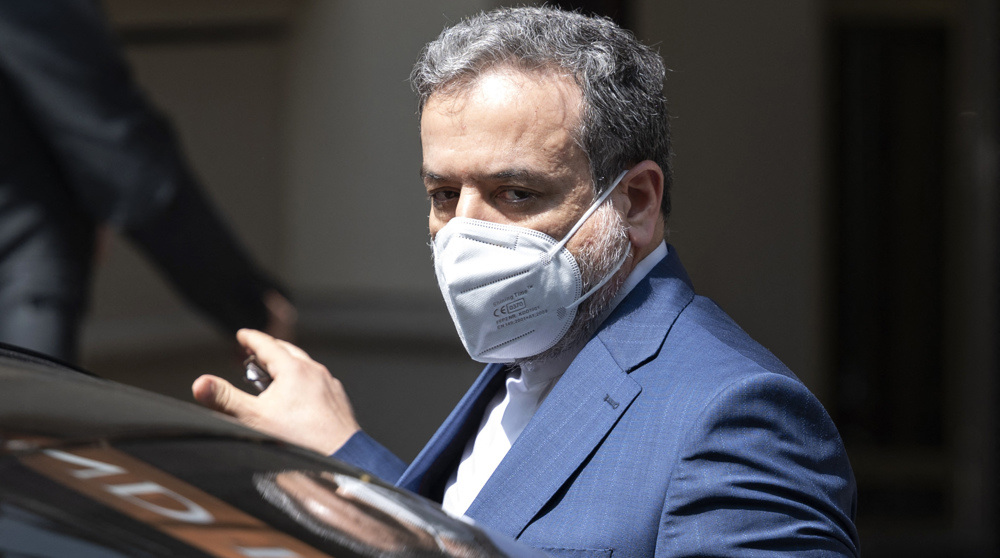
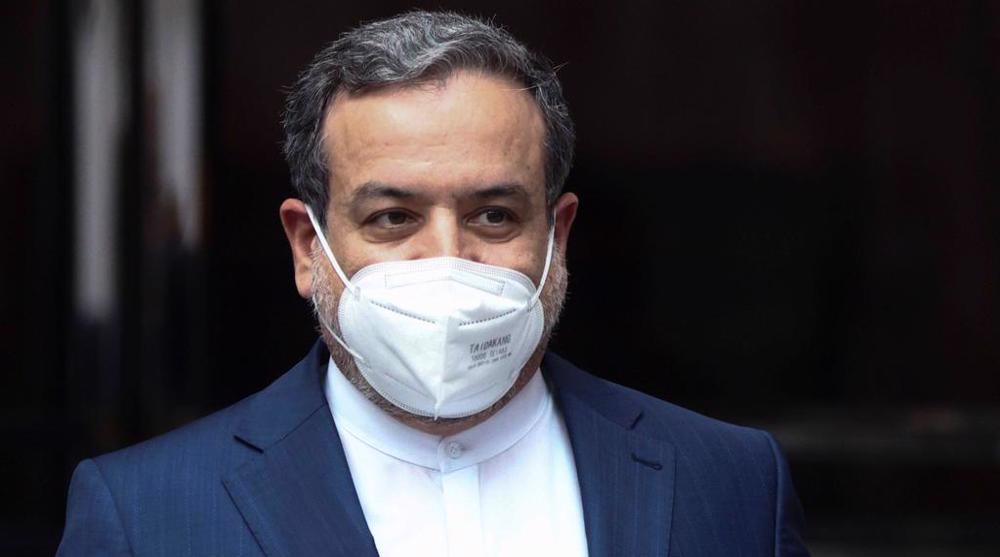
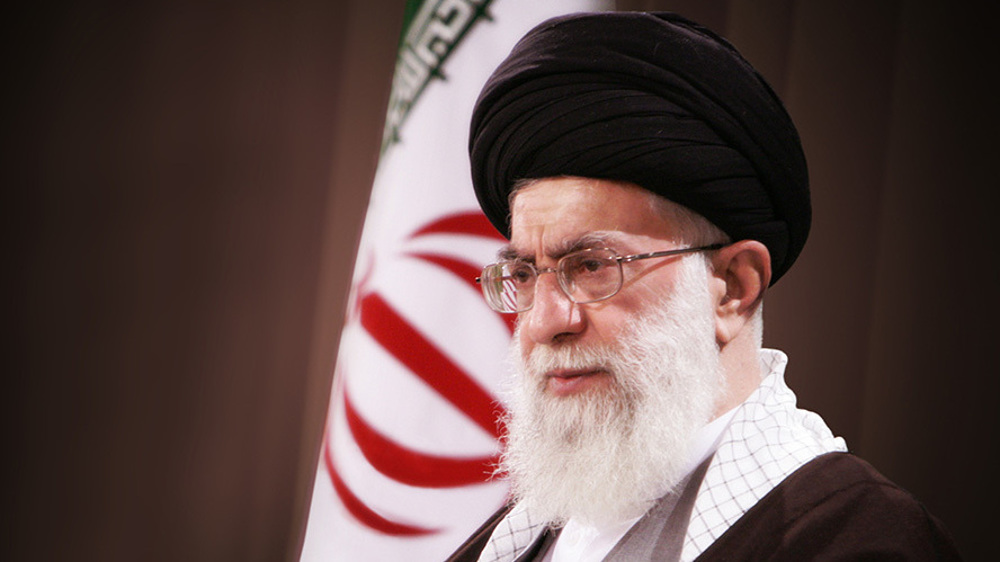
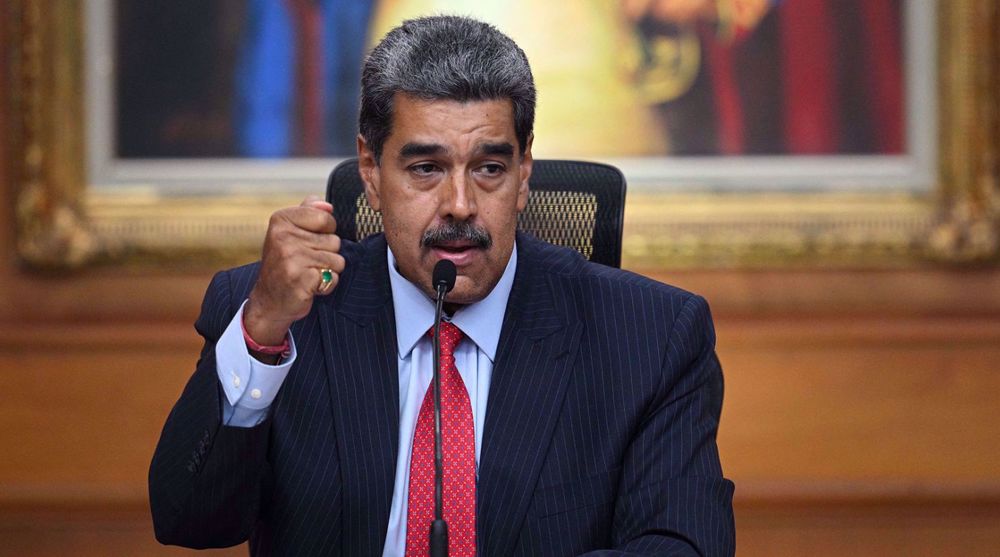
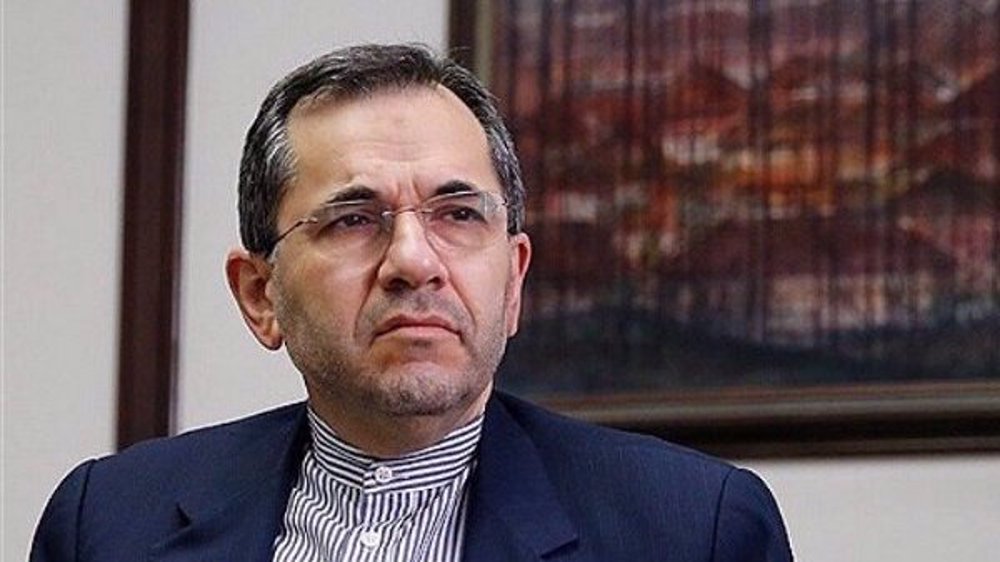



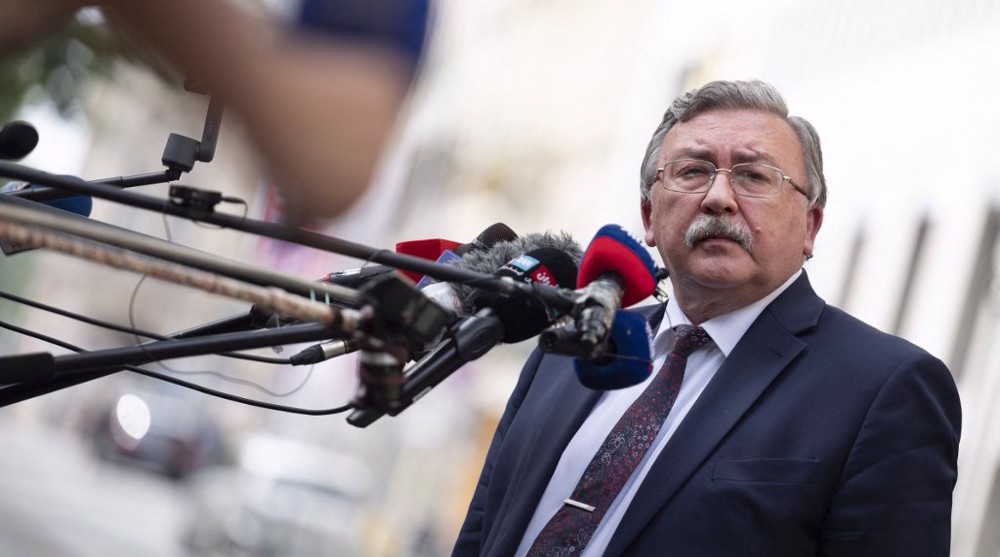

 This makes it easy to access the Press TV website
This makes it easy to access the Press TV website